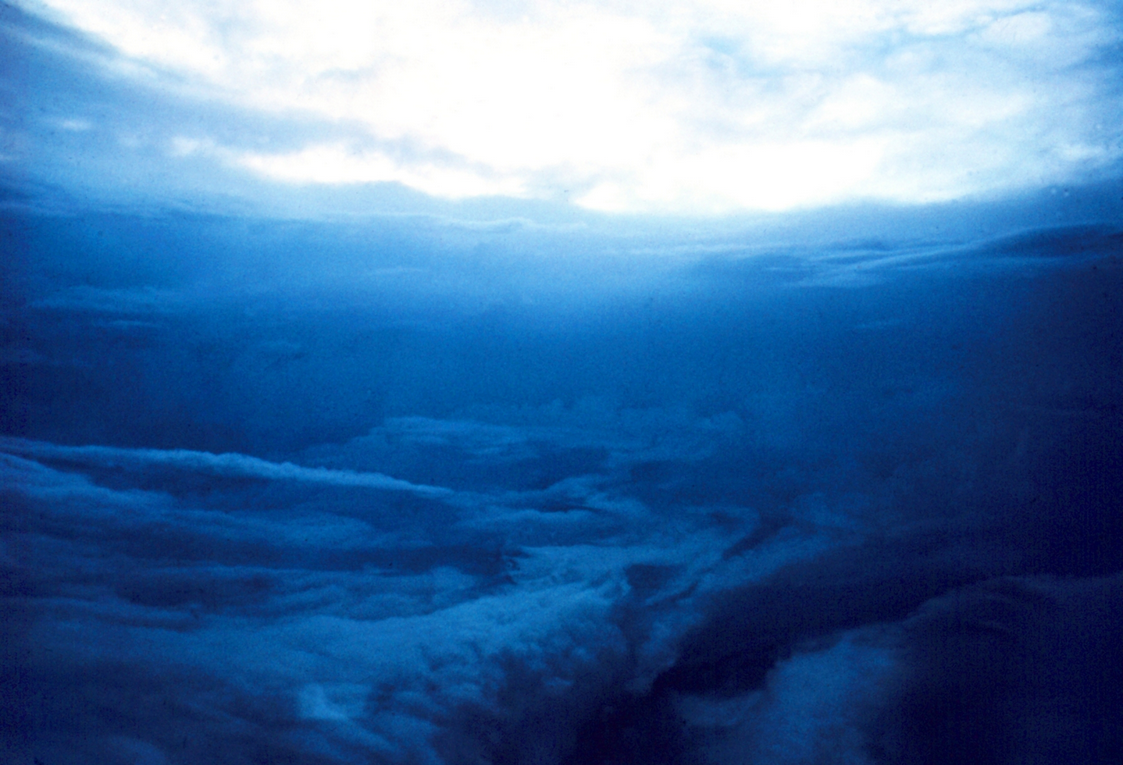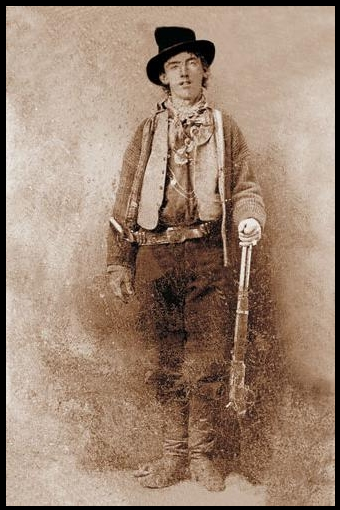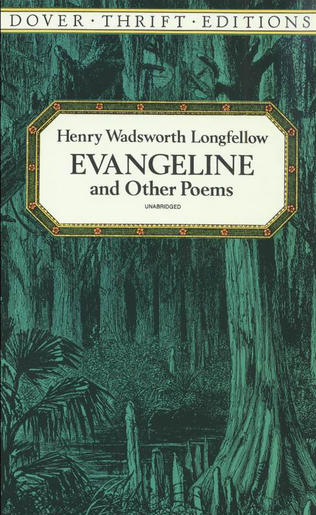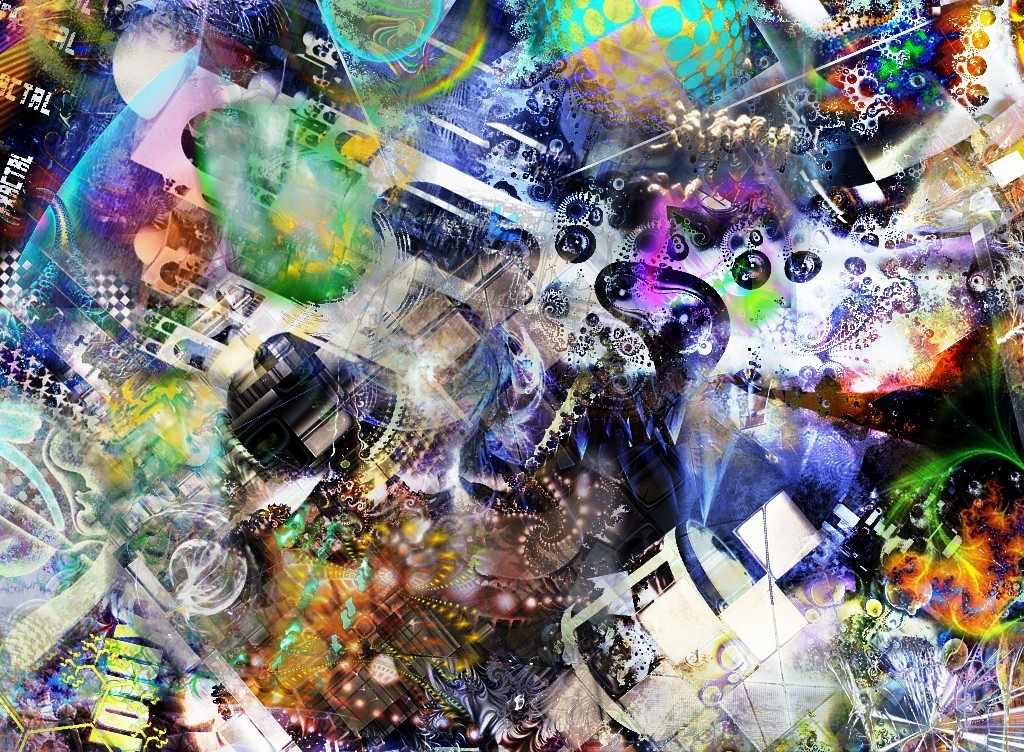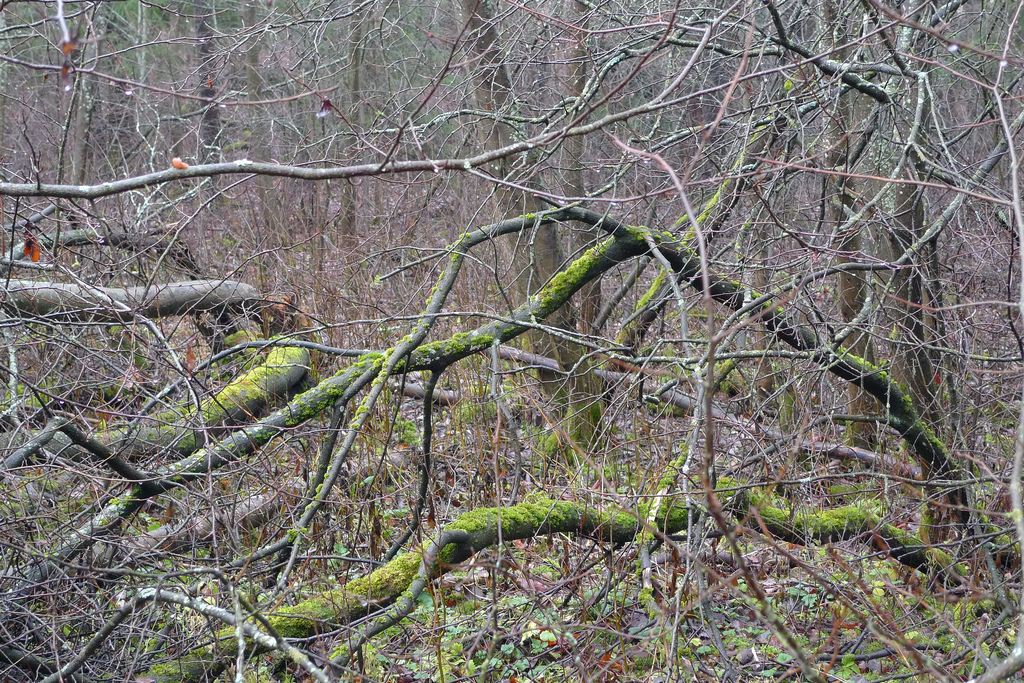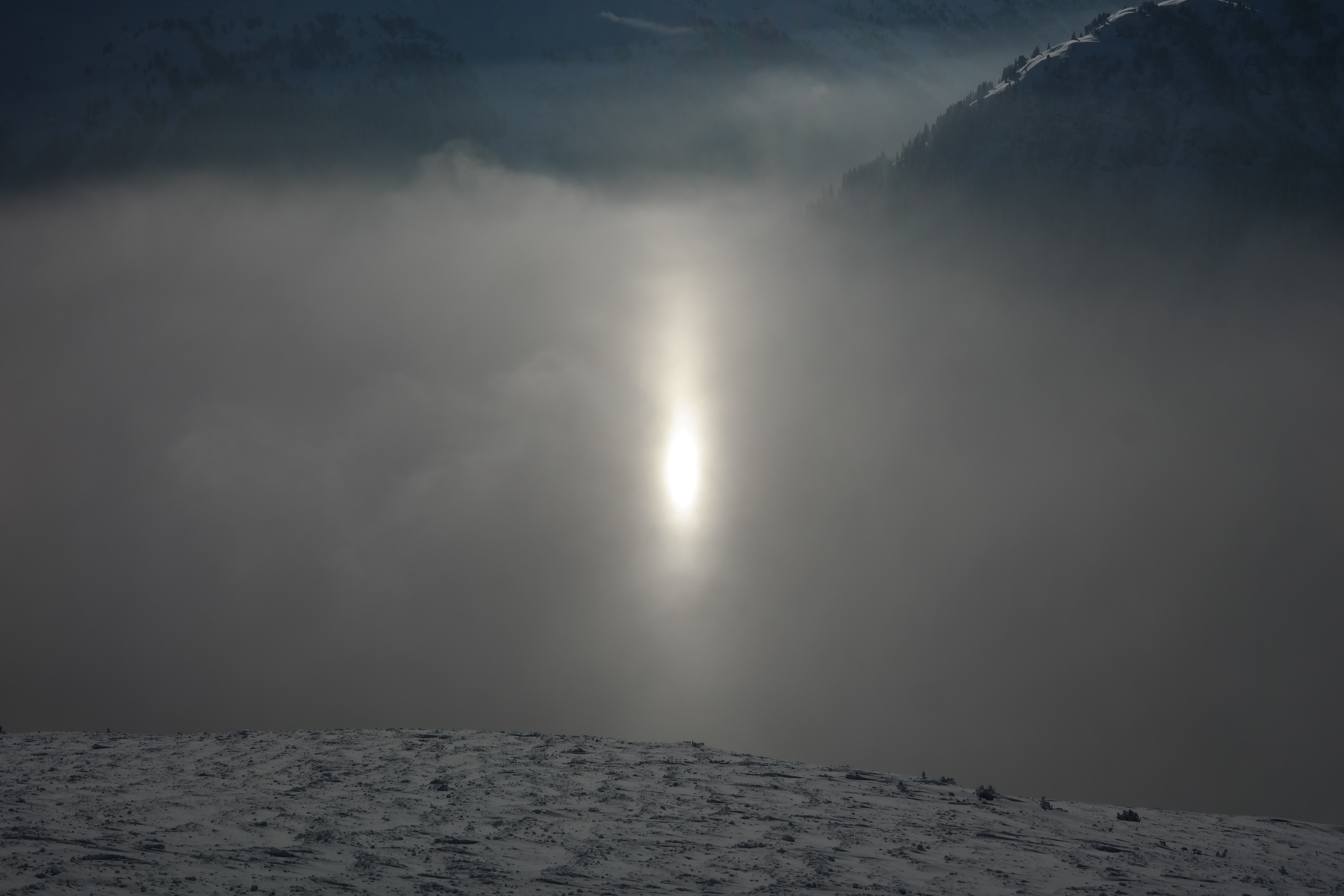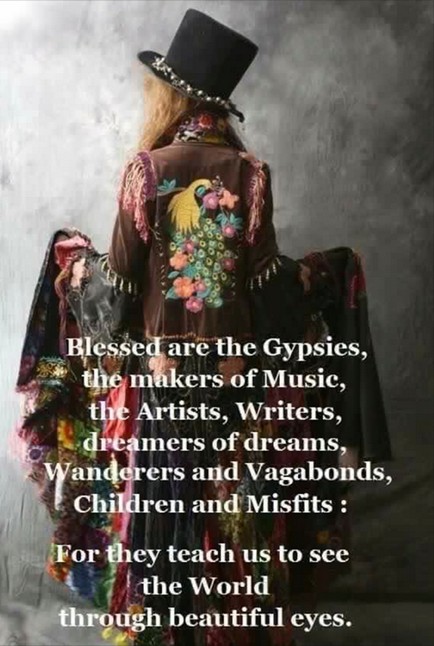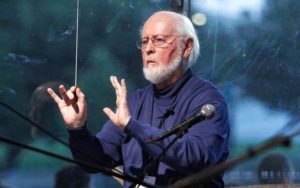You are here to thrive in the unique essence of who you are. You were born in God’s grace. Everything good is intended for you. This is true at all levels of your being — emotional, spiritual, intellectual, psychological, mental, and practical. You are as unique as a snowflake, for no one like you will ever exist again exactly the same way.
So What Seems to Go Wrong, to Our Way of Thinking?
Somewhere along the line most of us picked up a different story, and for reasons mysterious and unwarranted, we believed it — that we were not worthy, that we had to doubt ourselves, that we were not loved.
The negativity we buy into informs us to one degree or another, in one endeavor or another, that we have less value.
Misconceptions
Such thinking and feeling derives from misconceptions, of which there are many. But these three seem to flourish more than others.
- You believe what others think of you matters, even when they put you down.
- You feel you must please others even when it defies your own sense of well-being.
- You don’t trust in who you are.
Most people spend more time in inner criticism than they do in thinking positively about themselves — in a ratio of 80% to 20%. Even high achievers will do this. Even people who have done good works for humanity will doubt they have value. Artists and composers and successful entrepreneurs — the same story. As if they all had won the prize of success by fooling their audiences.
But self-criticism is not virtue. You deserve to thrive in joy, valuing who you are. There is no doubt of this.
How We Compensate
Someone said to me that it was wrong to boast about what they had done. I would probably agree that it is not the best way to proceed, for it rarely is done to share joy but to cover up insecurities.
But I am not thinking of that aspect so much as what happens to people when they do not trust their own right to become all that they can be — when they censor themselves out of fear, or assume the patterns of the past are fixed.
It is a truth that change is the only constant. There is always a chance to do things differently. There is always a way to alter the path you are on and move into something that matters to you.
Telling the Story
I wrote a post a while back called “The Stories We Tell Ourselves.” The thing is, the story we tell ourselves IS the one we believe, even if it’s wrong. It is a form of hypnosis we achieve so well because we tell ourselves this story many times a day.
Changing the story is not easy — but it is the best thing you can do for yourself. It is a process ongoing, as you learn and make adjustments and choose your path. External events can affect you so fast and so much. You need to give yourself space to let go of reflex actions and responses triggered by that inner hypnosis.
Shedding the Reaction
We are human, we are going to react, and we must feel what we feel. But let the negative feeling exist only for a split second. After that, shed it like a snake’s skin.
The negative opinion of others is not something we are meant to own and keep. We might learn something new, but we cannot thrive on such opinions. They do not belong to us.
Instead, we are meant to acknowledge the dance of life, the choreography of all that happens to us, whatever it is, and choose how we want to be from then on.
How?
Believe in the power that is within you…
Believe in the song that sings inside you…
Believe in your right to do and be…
It is your birthright.
You, in your human form, are the precious, tangible evocation of Spirit.
You are meant to thrive.



